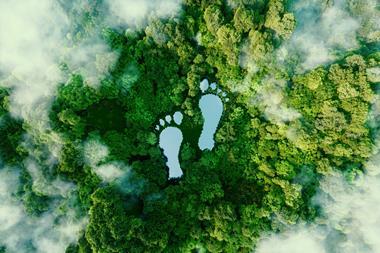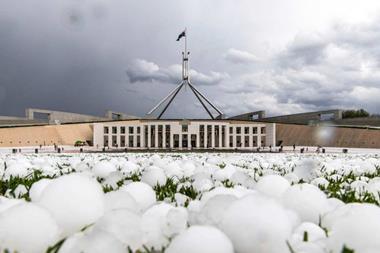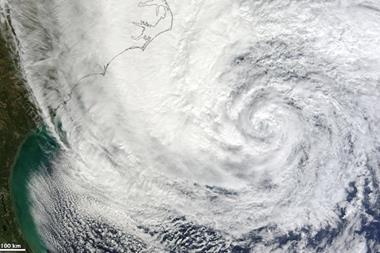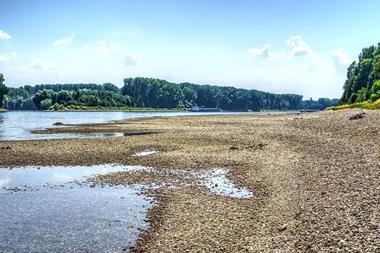Climate has had a dramatic impact on business and society in 2022 and it’s time to take meaningful action
It is difficult to point to an individual natural catastrophe as evidence of climate change, but the longer term trends are becoming harder to dispute.
Once again, extreme weather events around the world in 2022 have been well above average. Hurricane Ian is the most significant event of the year from an insurance perspective, causing between $50 billion and $65 billion in claims, according to preliminary figures from Swiss Re.
But it is secondary perils which have been the source of significant disruption around the world. This includes catastrophic flooding in Australia, Pakistan and South Africa, hailstorms in France and the US and droughts on nearly every continent.
2022 is set to be the second consecutive year in which total insured losses from natural catastrophes have topped $100 billion.
Feeling the disruption
Speaking at a recent StrategicRISK event, Annemarie Büttner, Lead Climate Risk Solutions, Swiss Re Corporate Solutions explained how the insurer is working with its clients as they adapt their business models in the face of multiple climate-related risks.
“Climate is coming up in almost all our discussions with clients, partly because many feel it is impacting them already,” she said. ”Events, such as the droughts in France that we experienced this year have led to further scrutiny on the energy system for instance.”
In August, French energy giant EDF announced it was temporarily reducing output at its nuclear power stations on the Rhône and Garonne rivers as the ongoing drought had caused a pronounced drop in water levels, restricting its ability to use river water to cool the plants.
Meanwhile, in China and Norway, dry summers also impacted hydroelectricity output. In Norway, reservoir levels dropped so low the government was forced to consider temporarily stopping hydro exports, exacerbating the energy crisis on the continent.
“Businesses want to get ready because everybody is aware this is just the tip of the iceberg,” said Büttner. ”It’s very difficult to pin climate change to single events, because it is a long-term trend, but you can see it - for example when you look at the amount of electricity or airconditioning you have been using over several years.”
Informed for the future
With many clients already feeling the impact - either directly or within their supply chain - there is a realisation that some of the old business models may no longer be fit for purpose.
The impacts go beyond physical climate change to encompass resource scarcity, biodiversity and society among other issues. Meanwhile, many organisations are already on a transition journey to net zero and regulators are upping their scrutiny.
Büttner offered the example of a client in the food and beverages sector which produces dairy products. “Their main source of vanilla is from Madagascar, and it’s already being impacted by climate change in terms of water scarcity,” she explained.
“Companies need to identify the high risk countries or categories and assess current risk versus future risk as they design climate adaptation plan to mitigate risk and make informed decisions,” explains Büttner.
“The population on the island is facing massive growth and more than half of the residents do not have access to clean drinking water. Vanilla production requires water for production too - so it’s not just an environmental issue but also social problem.”
Changing mindset
Such an example illustrates how organisations and their risk managers need to think through how their actions could have unintentional impacts as they consider all the issues that impact their company and wider value chain.
This is where the insurance industry has a critical role to play, thinks Büttner. Swiss Re Corporate Solutions’ ability to model future climate and share data will be key to offering clients valuable insights upon which the right kind of decisions can be made.
Whereas natural catastrophe modelling once relied heavily on historical loss trends, there has been a significant change in mindset. “We are really changing the game here and we cannot rely on the past anymore,” she says.
”We have to work with real data and future climate models and really model for the coming years differently, which will help with organisations’ sustainability trajectories as they look to build resilience moving forward.
“Of course the first priority for all of us is to reduce our emissions, and we’re not yet there yet but there’s still time to adapt and change the game.”
Annemarie Büttner is Lead Climate Risk Solutions, Swiss Re Corporate Solutions














No comments yet